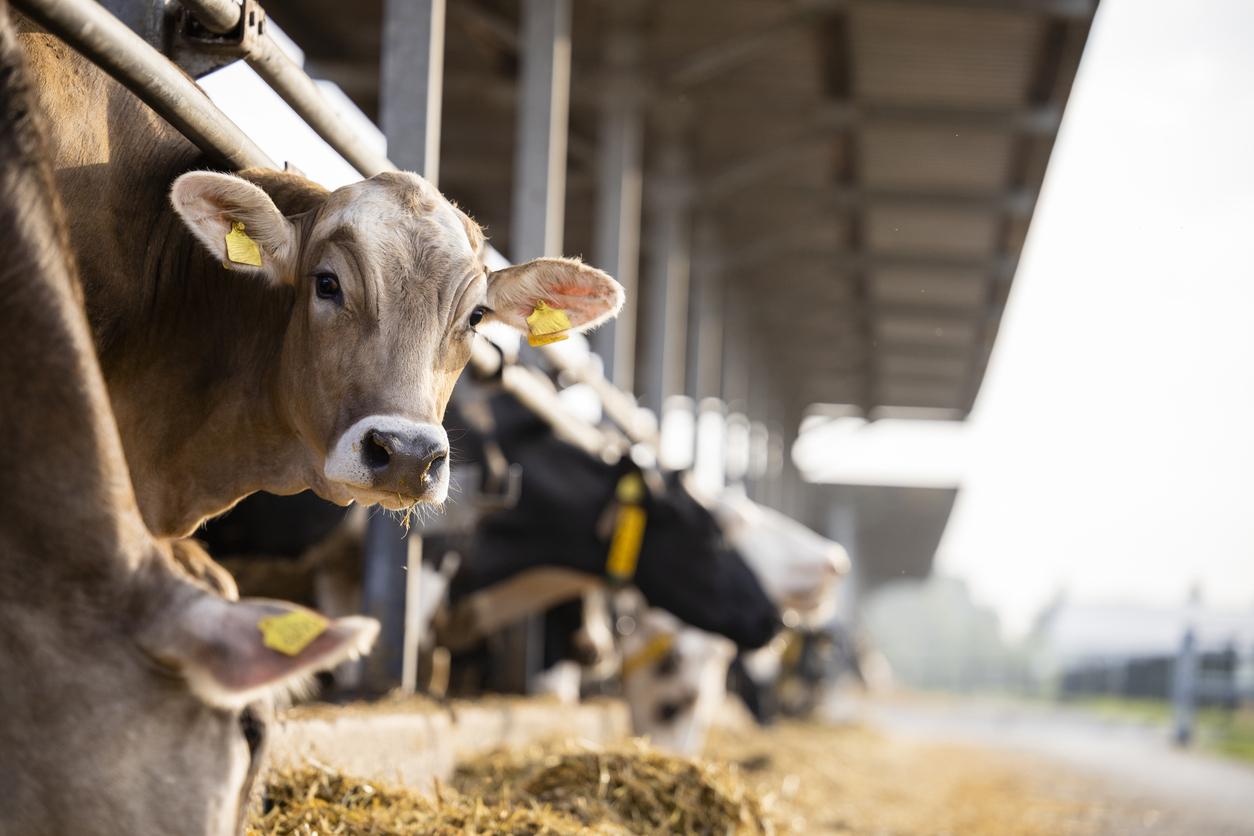In the United States, a person tested positive for the H5N1 strain of avian flu after coming into contact with an infected dairy cow.

- A man in the United States tested positive for bird flu after being infected by a dairy cow, according to the country’s authorities.
- This is the H5N1 strain of avian flu, which can be pathogenic for humans.
- The man was placed in solitary confinement, put on treatment and is recovering.
A man has tested positive for bird flu in Texas, US, after being infected by a dairy cow, according to authorities there.
The H5N1 strain of avian flu
More precisely, it is the H5N1 strain of avian influenza, a subtype of highly pathogenic avian influenza (HPAI)which can infect and be pathogenic for humans.
According to BBC, the contaminated man would have had, as his only symptom, redness in his eyes after being in contact with sick cows. He was placed in isolation, under treatment and is recovering.
This is the second human case in the country. The first occurred in 2022, in Colorado. The person had been in direct contact with suspected infected poultry. For a few days, the individual had felt tired, then recovered.
This new human case comes as several cows on dairy farms in Texas and Kansas contracted avian flu at the end of last March. According to US agricultural authorities, this was the first time that a contagious strain of HPAI had been detected in dairy cows in the country.
However, and despite this new human case, the authorities consider the risk to the general public to be low. THE Centers for Disease Control (CDC) recommends, based on advice reported by the BBC :
- avoid exposure to sick or dead animals, including wild birds, poultry and livestock.
- not to consume raw or undercooked food products, such as unpasteurized milk and cheeses.
For their part, the Texas authorities believe, according to 20 minutesthat “the infection of cattle did not present any concerns for the marketing of milk, because dairies are required to destroy the milk of sick cows. Pasteurization also kills viruses.”
In the event of symptoms (fatigue, fever, breathing difficulties, cough, neurological disorders) within 10 days following risky exposure, Public Health France recommends consulting your doctor promptly.
A very rare infection in humans
The H5N1 avian flu virus was first spotted in Hong Kong in 1997, according to the Pasteur Institute. Six people then died. It then reappeared in 2003 in several Asian countries, first affecting animal species then humans.
Cases of human transmission are very rare and, until now, have always involved people in direct contact with infected animals.

















